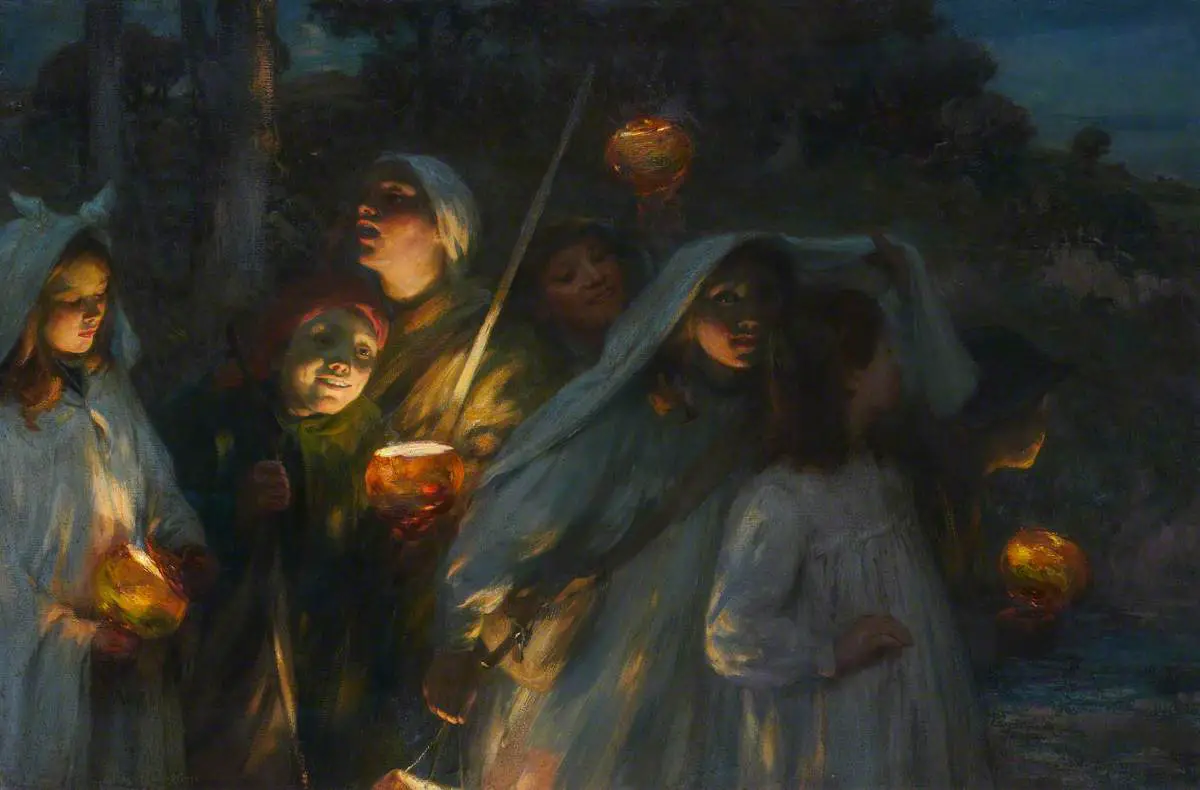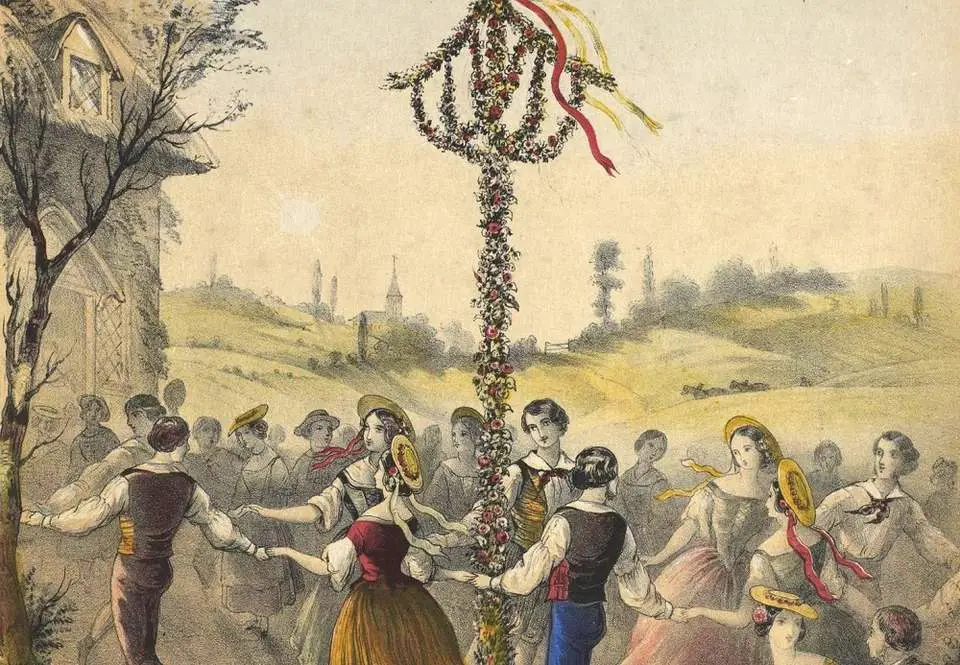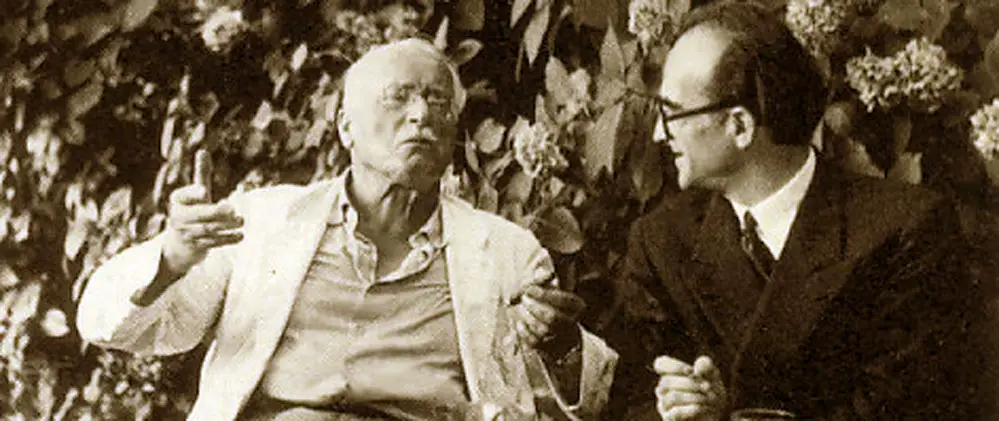Tag: Alfredo Cattabiani
"May be welcome": rites and traditions of Calendimaggio (Alfredo Cattabiani)
On the occasion of May 1st we publish this writing by the never sufficiently remembered Alfredo Cattabiani (who among other things, ironically, was born and died in May, respectively on the 26th and 18th of the month), dedicated to ancient rites and traditions and popular on Calendimaggio. Taken from his book "Calendar".
Conversations with Mircea Eliade
114 years ago, on March 13, 1907, Mircea Eliade was born in Bucharest. For the occasion, let's spend a few words on booklet recently published by Edizioni Bietti for the “Minima Letteraria” series, in which you can read four interviews with the most important historian of 70th century religions released respectively to Jean Varenne, Alain de Benoist, Fausto Gianfranceschi and Alfredo Cattabiani, in the 80s and XNUMXs.
di Marco Maculotti
Cover: Mircea Eliade (right) with Carl Gustav Jung in Eranos



